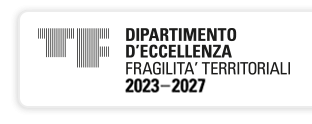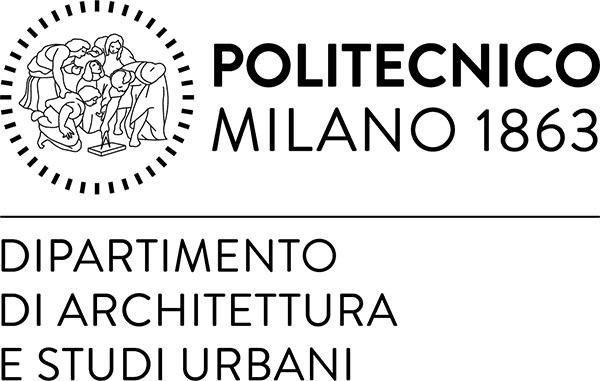
MultiCAST: Multiscale Thermal-related Urban Climate Analysis and Simulation Tool
Nicola Colaninno wins a Marie Skłodowska-Curie Individual Fellowship 2020 with the project MultiCAST: Multiscale Thermal-related Urban Climate Analysis and Simulation Tool
Today, it is widely recognized that climate change and global warming are among the main challenges to be faced in the next years on a global level. Despite the numerous international agreements of the past decades, CO2 levels and temperatures continue to maintain worrying values. The loss of natural areas in cities, the morphological and thermal features OF the built environment critically affect the urban climate, making cities increasingly warmer than peri-urban and rural areas. This phenomenon, known as the Urban Heat Island (UHI), seriously threatens both the well-being and comfort of citizens.
MultiCAST will implement an urban decision support system (DSS) related to thermal comfort to inform pedestrian and commuting oriented urban climate planning and design. The project aims at structuring a toolkit to support the modelling of walking routes to (and from) points of interest such as train and/or metro stations for commuters, or “heat (or cool) islands”. Three urban areas will be tested in Los Angeles, Amsterdam, and Milan.
The project has been funded under the Horizon 2020 (H2020) program through the Marie Skłodowska-Curie Action (MSCA). Framed as Individual Fellowship (IF), it will be developed at Politecnico di Milano in collaboration with the Massachusetts Institute of Technology (MIT) according to the Global Fellowship modality (H2020-MSCA-IF-GF-2020) which provides for a partnership between the EU and Third Countries. The duration of the action will be 36 months starting from 1 May 2022.
From an operational point of view, the research will be developed with the support of the Fausto Curti Urban Simulation Laboratory (http://www.labsimurb.polimi.it/), and the City Form Lab (http://cityform.mit.edu/), involving two reference departments: the Department of Architecture and Urban Studies (DAStU) at Politecnico di Milano, and the Department of Urban Studies and Planning at MIT.
Two secondment periods will be undertaken also, the first at Starlab Living Science (https://www.starlab.es/) in Barcelona, a company specializing in Remote Sensing and Neuroscience, and the second at the Department of Sustainable Design Engineering of the Faculty of Industrial Design Engineering, at TU Delft (https://www.tudelft.nl/en/ide/about-ide/departments/sustainable-design-engineering/).
The research team is made by Dr. Nicola Colaninno, which is the Principal Investigator (PI), Prof. Eugenio Morello, supervisor and responsible of the research, and coordinator of the Urban Simulation Laboratory, and Prof. Andres Sevtsuk, coordinator of the City Form Lab and supervisor during the outgoing phase at MIT. Dr. Mirta Rodriguez-Pinilla, director of the space unit at Starlab, and Alessandro Bozzon, Professor at the Department of Sustainable Design Engineering of the Faculty of Industrial Design Engineering, at TU Delft, will also be involved as supervisors for the secondment periods.





